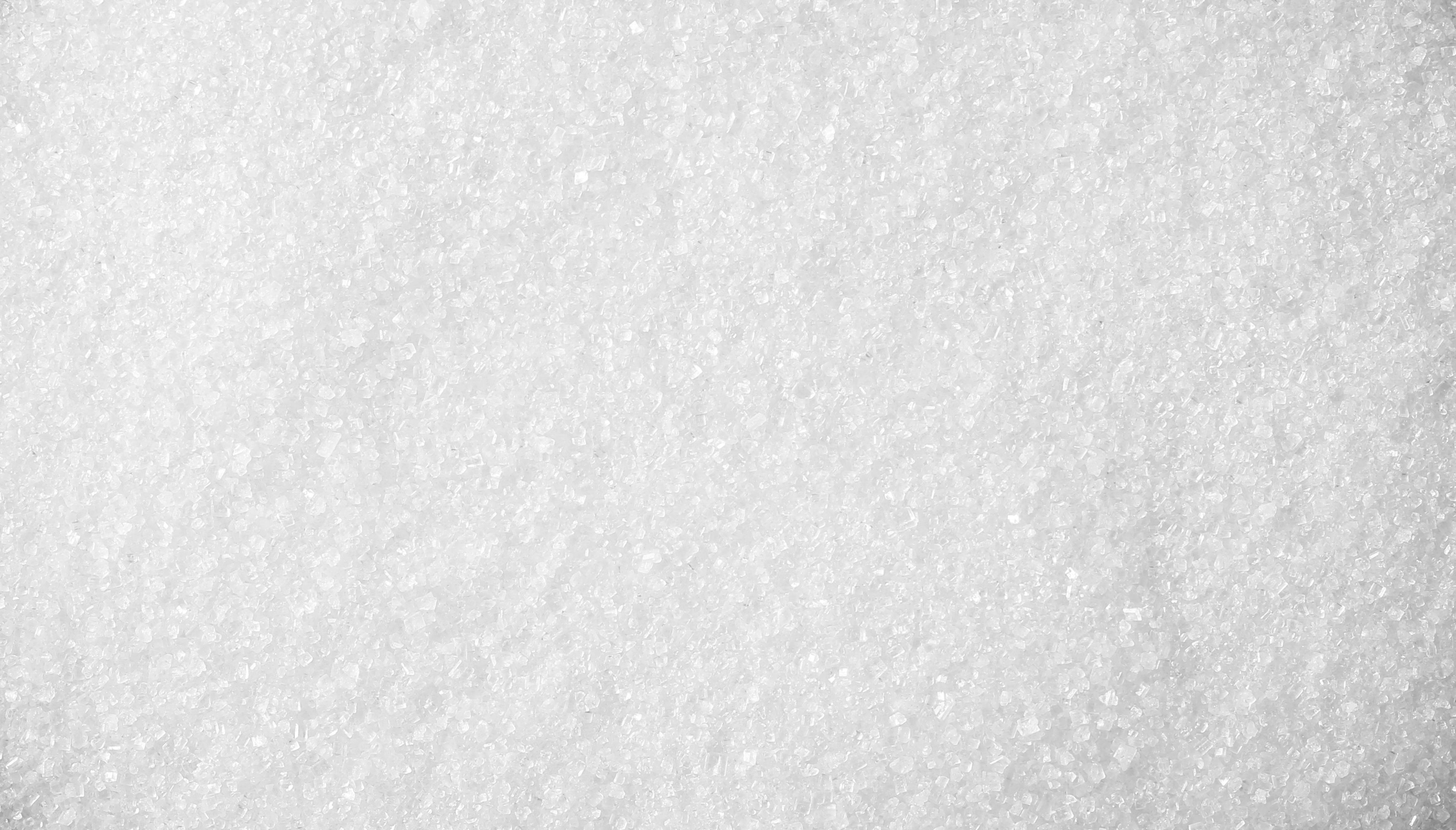New Saccharide Determination HPLC-UV System
A team of scientists from Nanjing, China, have created a low-cost efficient online derivatization system, which they used to detect mono- and oligo-saccharides using a high-performance liquid chromatography (HPLC)-ultraviolet (UV) detector system. Their work was recently published in the Journal of Separation Science (1).
This method uses phenylhydrazine as the derivatization reagent, meaning it was directly spiked in the mobile phase to allow for the separation and detection of mono- and oligosaccharides in the HPLC-UV system. Further, the method’s online derivatization design significantly reduced the likelihood of analysts being harmed of derivatization reagents (1). Chromatographic parameters were optimized using the Box-Behnken design strategy, which is a quadratic design that lacks an embedded factorial design (2).
After conducting different experiments, the proposed method showed satisfactory results. The linear ranges held acceptable correlation coefficients (R2 > 0.99), accuracy (Recovery: 95.3%–105.6%), high intra-day precision (relative standard deviation [RSD]: 1.4%–7.1%) and inter-day precision (RSD: 2.0%–7.4%). Meanwhile, the recovery values were in the ranges of 95.0%–104.6% and 95.1%–104.8% for robustness and ruggedness, respectively. These results encouraged the scientists’ belief in the applicability and reliability of the proposed method, showing potential for analyzing saccharides in complex real-world samples.
References
(1) Jiang, Z.; Wang, H.; Yu, M.; Qu, C.; Yue, W.; Wu, Q. A low-cost efficient online derivatization system for the determination of saccharides by high-performance liquid chromatograph-ultraviolet detector. J. Sep. Sci. 2023, 46 (20), 2300384. DOI: https://doi.org/10.1002/jssc.202300384
(2) Box-Behnken Designs. NIST 2023. https://www.itl.nist.gov/div898/handbook/pri/section3/pri3362.htm#(accessed 2023-10-30)
Investigating 3D-Printable Stationary Phases in Liquid Chromatography
May 7th 20253D printing technology has potential in chromatography, but a major challenge is developing materials with both high porosity and robust mechanical properties. Recently, scientists compared the separation performances of eight different 3D printable stationary phases.
Detecting Hyper-Fast Chromatographic Peaks Using Ion Mobility Spectrometry
May 6th 2025Ion mobility spectrometers can detect trace compounds quickly, though they can face various issues with detecting certain peaks. University of Hannover scientists created a new system for resolving hyper-fast gas chromatography (GC) peaks.
Altering Capillary Gas Chromatography Systems Using Silicon Pneumatic Microvalves
May 5th 2025Many multi-column gas chromatography systems use two-position multi-port switching valves, which can suffer from delays in valve switching. Shimadzu researchers aimed to create a new sampling and switching module for these systems.
Characterizing Polyamides Using Reversed-Phase Liquid Chromatography
May 5th 2025Polyamides can be difficult to characterize, despite their use in various aspects of everyday life. Vrije Universiteit Amsterdam researchers hoped to address this using a reversed-phase liquid chromatography (RPLC)-based approach.

.png&w=3840&q=75)

.png&w=3840&q=75)



.png&w=3840&q=75)



.png&w=3840&q=75)







